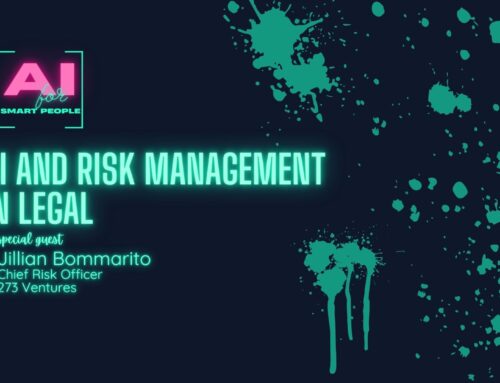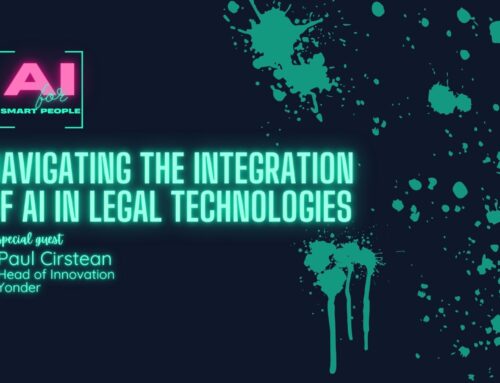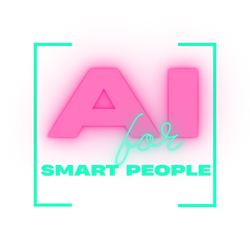Real Products + Low Risk Use Cases: Where AI is a Fit for Legal Today
In a recent episode of the “AI for Smart People” podcast, the discussion focused on real-world AI products that legal professionals can use today. The episode featured Eric Baum, founder of Parrot AI, and Kathy Zhu, co-founder and CEO of Streamline AI. They explored how AI can be integrated into legal workflows in practical and low-risk ways. Here are the key insights from their conversation.
Practical AI Products for Legal Professionals
The session kicked off with an emphasis on exploring AI products that are already in the market and ready for use. These are not MVPs but fully developed products that can be integrated into legal practices with minimal risk. The goal is to find safe ways to start using AI without the fear of liability.
Court Reporting Innovation
Eric Baum shared his journey from being a prosecutor to founding Parrot AI. He explained that the inefficiencies in traditional court reporting motivated him to develop a more efficient solution. Parrot AI leverages advanced technology to provide near-real-time transcripts of depositions. Unlike traditional methods that require waiting days for a transcript, Parrot AI offers a 97% accurate transcript within 90 minutes of a deposition.
Eric emphasized that the traditional court reporting workflow is outdated and costly. By using AI to transcribe depositions, Parrot AI can significantly reduce costs and improve efficiency. The technology also synchronizes audio and video, which are provided free of charge, making it more accessible for legal professionals who need quick access to deposition records.
Streamlining In-House Legal Workflows
Kathy Zhu introduced Streamline AI, a platform designed to address the chaos of in-house legal work. She highlighted the inefficiencies she faced as a general counsel at DoorDash, where legal requests came in through various channels like email and Slack, leading to a disorganized workflow. Streamline AI integrates with multiple tools to centralize these requests, automate routing, and provide real-time collaboration and reporting.
Kathy explained that Streamline AI uses no-code automation to handle incoming legal requests, ensuring they reach the right parties without manual intervention. This not only saves time but also provides an audit trail and valuable metrics, helping legal teams manage their workload more effectively and make data-driven decisions.
The Importance of AI in Legal Practice
The significance of AI in modernizing legal practices is clear. Both Eric and Kathy discussed how their backgrounds as lawyers influenced the design and functionality of their products. They highlighted the importance of compliance, confidentiality, and ethical considerations in AI development. By addressing these concerns, they aim to build trust within the legal community and ensure that their products meet the rigorous standards required in legal practice.
Building Trust and Ensuring Compliance
Building trust with legal professionals is crucial. Eric mentioned that compliance is paramount, and Parrot AI adheres to strict regulatory standards to ensure that their transcripts are reliable and admissible in court. Kathy added that Streamline AI has obtained SOC 2 Type 2 certification, demonstrating their commitment to security and data protection.
Future of AI in Legal Practice
Looking ahead, both Eric and Kathy are focused on enhancing their products based on feedback from legal professionals. Involving the legal community in the development process is essential for creating tools that truly meet their needs. By continuously improving their products and maintaining high standards of security and compliance, they aim to make AI an integral part of legal workflows.
Conclusion
The “AI for Smart People” podcast episode with Eric Baum and Kathy Zhu provided valuable insights into the practical applications of AI in legal practice. Their innovative products, Parrot AI and Streamline AI, demonstrate how AI can streamline workflows, reduce costs, and improve efficiency for legal professionals. By addressing compliance and building trust, they are paving the way for broader AI adoption in the legal industry. This episode underscores the potential of AI to transform legal practice, making it smarter and more efficient.




